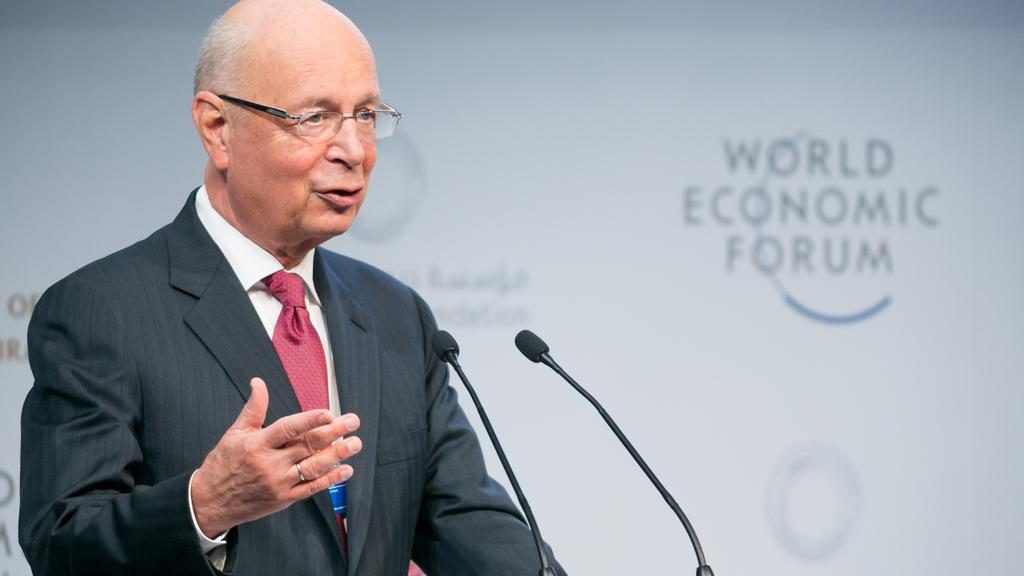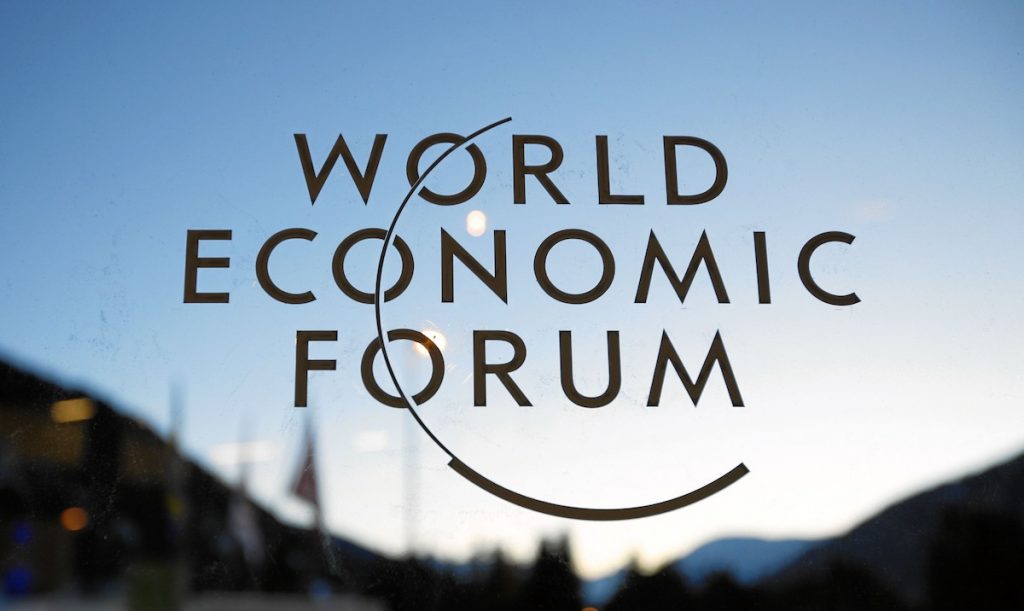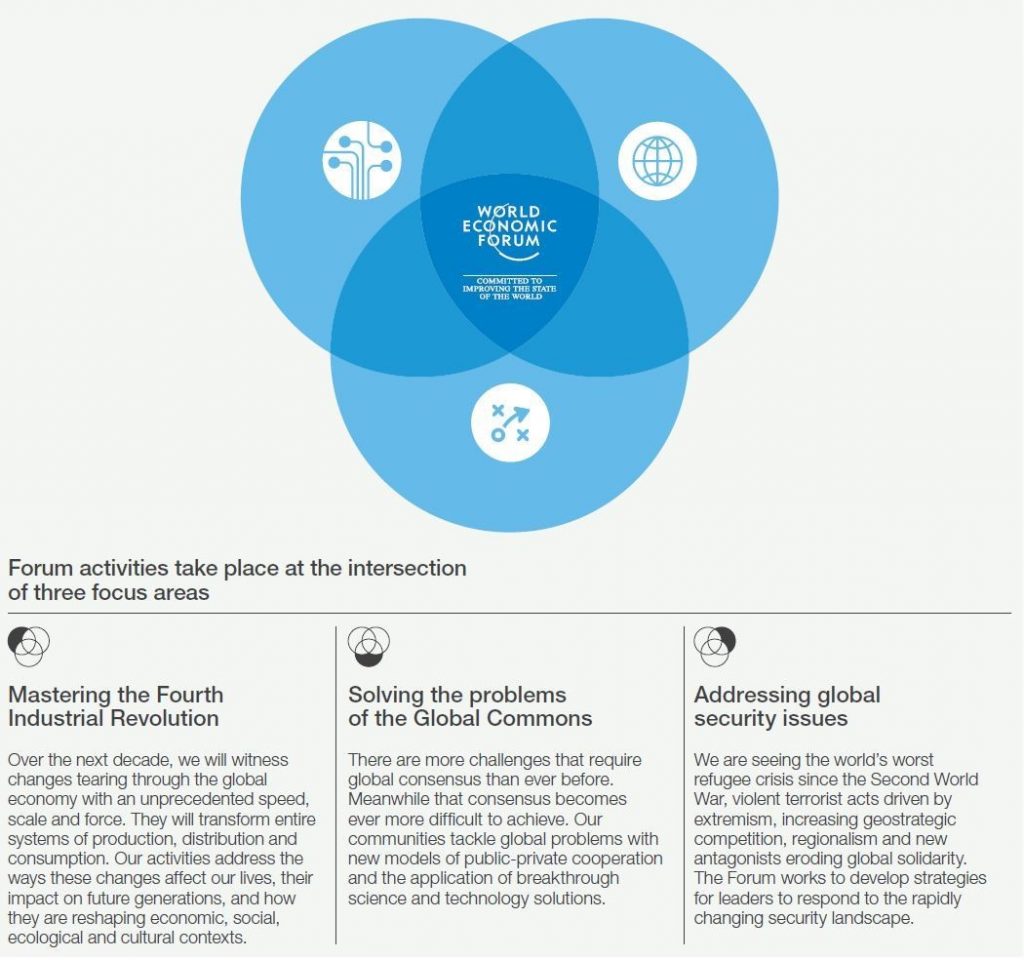Each year, the World Economic Forum (WEF) gathers leaders to discuss various global issues. This sounds nice but you might be wondering, what exactly is WEF? Here’s a quick primer.
What is WEF?
WEF is an international organization for public-private cooperation. It was founded in 1971 by Klaus Schwab, a German engineer and economist. Currently, the headquarters of the organization is in Geneva, Switzerland.
WEF, originally known as the European Management Forum, was formed to annually gather European business leaders in Davos, Switzerland in meetings focusing on how European firms could keep up with the management practices of the United States.

Eventually, the focus of the forum widened, also tackling economic and social issues apart from management practices. This also led to the participants invited expanding as well, with political leaders being welcomed in the annual meetings starting in 1974.
In 1987, the European Management Forum adopted the name World Economic Forum. In 2015, WEF gained its formal status as an international organization.
From our partners:
What do they do?
WEF is primarily a platform for discourse for leaders. Instead of conferences, WEF holds meetings, with the belief that meetings will allow more fluid and longer-term interactions. This is because in meetings, everyone has the opportunity to contribute to the discourse.
Right now, WEF holds four major annual meetings,
01. World Economic Forum Annual Meeting [Davos-Klosters, Switzerland]: This is the meeting focused on shaping global, regional and industry agendas. This is held every January.
02. Annual Meeting of the New Champions [People’s Republic of China]: This meeting is focused on innovation, science and technology.
03. Annual Meeting of the Global Future Councils [United Arab Emirates]: This meeting gathers the world’s leading knowledge community to tackle the major challenges the world is facing.
04. Industry Strategy Meeting: In this meeting, Industry Strategy Officers convene to shape industry agendas. The meeting also delves into the matter of changing the focus of industries from managing to pioneering.
WEF asserts that they are impartial, in a sense that they do not have ideological or commercial interests. They are not neutral, though, since they are biased towards an objective, measurable, and sustainable ways of changing the world.
WEF also views issues on a global scale, seeing the world as interconnected. With this, WEF is open to all interested parties, since they believe that everyone is accountable for making a change.
What are their key focus areas?
WEF has three focus areas.
The organization believes that by giving attention to the intersection of these three areas, positive global change can be attained.
In line with the missions of WEF, we return to you — how can you positively impact this world? That is one question that all of us should ask ourselves today. It’s high time to recognize that we ourselves can initiate change.















